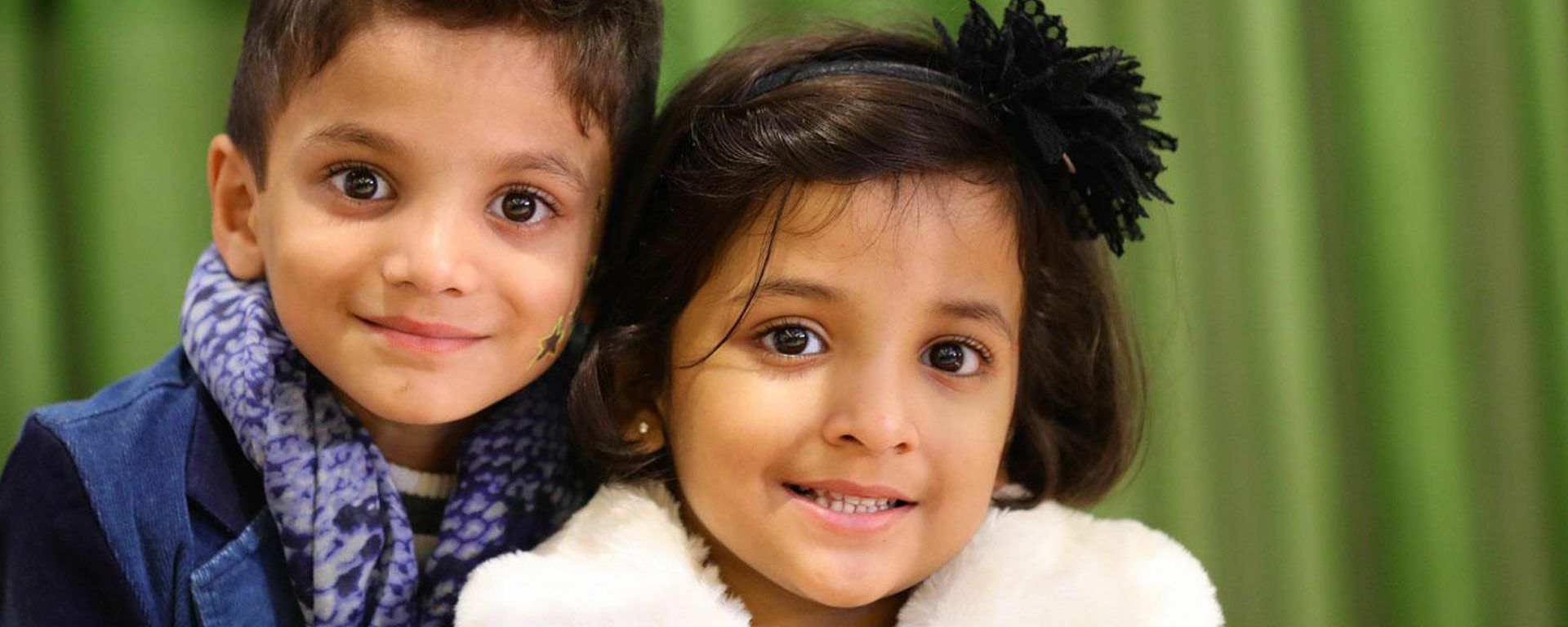If you love working with children, and have a passion for helping them grow, early childhood development or education may be the career path for you. The question is, what does each field involve, and how do they differ? To help you decide between an early childhood development degree and an early childhood education degree, we deep-dive into each of the fields below.
What is Early Childhood Development?
Early childhood development is a broad field that focuses on the emotional, physiological, and psychological development of young children – from infancy and through adolescence. Child development professionals assess how children are growing naturally and identify when children are struggling in a certain area (such as speech or motor skills). This involves detecting behavioral or developmental problems in young children and offering positive support services where needed.
Early childhood development professionals must have a good understanding of how children grow, their stages of brain development, as well as the key milestones and benchmarks that they are expected to reach over the years. As a result, an early childhood development degree (usually at the bachelor’s level) will cover subjects in:
- Developmental psychology
- Social and emotional development of children
- Early language and literacy development
- Sciences such as Biology and Behavioral Science
- Observation and assessment of young children
- Mechanisms such as nature vs. nurture
- Developmental milestones (both mental and physical)
As you can gather, early childhood development is an overarching field that encompasses multiple disciplines and specialties. One of these areas is early childhood education.
What is Early Childhood Education?
Early childhood education is a branch off of the wider field of early childhood development. While the profession involves teaching and helping children learn, early childhood educators must have a broader understanding of childhood development, developmental milestones in young children, and how those each should play into their classrooms on a daily basis.
As we defined here, early childhood education is the period of learning that takes place from birth to eight-years-old, according to the National Association for the Education of Young Children. As a career, it most commonly involves teaching and working with early learners in the “Pre-K” years (between birth and kindergarten age). This period is one of the most fundamental periods of learning.
You see, during infancy and toddlerhood, educational experiences are seen as essential to a child’s cognitive, physical, and emotional development. According to Harvard researchers, more than one million new, neural connections are formed within the brain every second during these early years – serving as the foundation for a child’s future learning, behavior, and health.
Early childhood educators, therefore, have a very important role. They are responsible for facilitating age-appropriate learning experiences for young children, in order to enable and encourage cognitive, social, emotional, and behavioral development. There are a variety of teaching methods used in early childhood education today, one of which being the child-centered Reggio Emilia approach.
If you are considering becoming an early childhood educator, you can expect to spend your days working with children, creating an engaging curriculum that supports their developmental stage, and helping them discover their own interests and learning styles. As part of your job, you should also expect to monitor children’s progress and ensure that they are evolving socially, emotionally, mentally, and physically as the school year goes on. An early childhood education program will therefore cover subjects such as:
- Child development
- Early language and literacy development
- Social and emotional development in young children
- Observation and assessment in the early childhood classroom
- Health, safety, and nutrition for young children
Early childhood educators are generally expected to have at least an associate degree in early childhood education. If you are interested in a broader childhood development career down the road, however, you may consider earning your bachelor’s degree to qualify for advanced positions.
Goodwin College offers two levels of childhood education degrees in Connecticut. For those looking for an early childhood education career as a preschool teacher, toddler or infant teacher, or paraprofessional, an associate degree in ECE may be your next step. If you are passionate about childhood development – and careers such as a Child Advocate, DCF Child Specialist, or Curriculum Coordinator sound attractive – a Bachelor’s degree in Child Study may be right for you.
Call Goodwin College at 800-889-3282 to learn more about our childhood education degrees in Connecticut, covering various aspects of early childhood development and learning.
Goodwin University is a nonprofit institution of higher education and is accredited by the New England Commission of Higher Education (NECHE), formerly known as the New England Association of Schools and Colleges (NEASC). Goodwin University was founded in 1999, with the goal of serving a diverse student population with career-focused degree programs that lead to strong employment outcomes.

